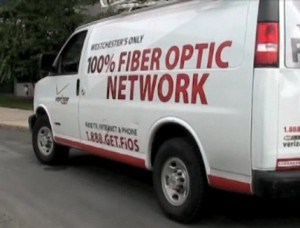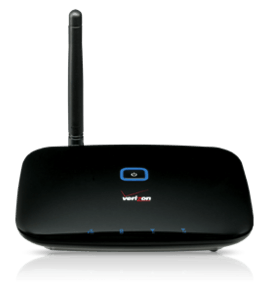 If you are a Frontier DSL customer, your unlimited Internet service is at risk of being arbitrarily limited by a company that wants to cut costs and increase revenue… at your expense.
If you are a Frontier DSL customer, your unlimited Internet service is at risk of being arbitrarily limited by a company that wants to cut costs and increase revenue… at your expense.
Suburban Sacramento residents deemed to be “using too much” Frontier Internet service are being told they have to ration their Internet usage or pay more — a lot more — for the same speed service. Even worse, many customers are paying extra for a “Price Protection Agreement” from Frontier that protects Frontier’s profits while your Internet bill doubles. That’s a price protection racket only the Sopranos could love.
Frontier’s own representatives are literally at a loss for words when told it’s easy to exceed their “5GB” limit just by web browsing and checking e-mail. But they are even quieter when customers report Frontier’s own video website – my fitv, a “free online video service” heavily promoted by Frontier, is ultimately responsible for their looming $99.99 monthly Internet bill.
Frontier wants to get tough with some of their best customers. As a result, many are exploring disconnecting service for a cable competitor. The best way to fight these Internet Overcharging schemes is to make it clear to Frontier you will not submit to them. The first step is to bring wider media attention to the issue.
Sacramento-Elk Grove Customers
- Contact the Sacramento Bee, the Elk Grove Citizen and other local newspapers and ask them to write a story about this;
- Contact KOVR-TV’s consumer reporter and ask him to do a story;
- Contact other stations and local call-in shows and draw attention to Frontier’s abuse of its customers;
- If you are on a “price protection agreement” contact the California Public Utilities Commission and file a complaint.
- Frontier’s usage caps are easily broken using the company’s own video website, my fitv;
- What the company suggests most people will not exceed today is not reasonable tomorrow. Besides, how much customers actually use is considered proprietary and we have to take their word on it;
- Customers on price protection agreements are being asked to pay more than double for the exact same quality of service they used to receive for less. Where is the price protection?;
- Frontier is generous with their shareholders, paying outrageously high dividends out of step with their earnings, but are notoriously stingy with the customers that deliver them that revenue;
- Where’s the fire? This is the same company that said it had more than enough capacity to take on millions of ex-Verizon broadband customers, but now suddenly can’t deliver the same level of service to existing customers in Elk Grove without doubling the monthly price?;
- Customers are being asked to pay $1 a gigabyte for a service that costs Frontier far less to actually provide;
- At a time when Frontier continues to lose landline customers, can they afford to alienate more, who take all of their business elsewhere?
Frontier alienating its own customers who pay for their landline and broadband DSL service does not sound like a winning business strategy. Let Frontier know you will not do business with a company that abuses its big-spending customers. Let them know in clear terms you will cancel all of your services if the company maintains its Internet Overcharging practices and you will encourage your friends and family to take their business elsewhere as well.


 Subscribe
Subscribe







